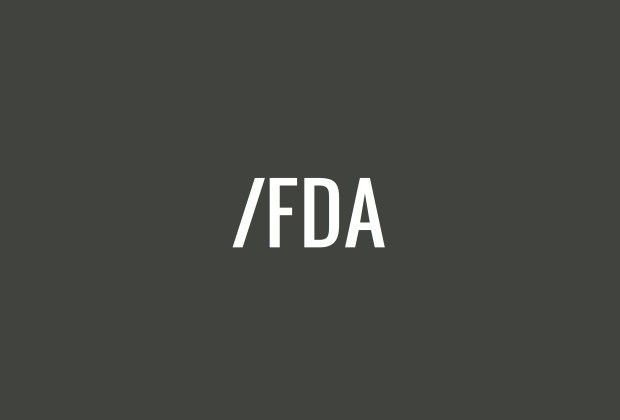Scott Gottlieb, a former health care executive who is currently serving as a fellow at the American Enterprise Institute, will be named the new commissioner of the U.S. Food & Drug Administration (FDA)—a move that will likely be seen as a win for cigar smokers.
BREAKING: White House official: President Trump to name former FDA official Scott Gottlieb as agency commissioner.
— The Associated Press (@AP) March 10, 2017
While Gottlieb is expected to face scrutiny for his deep ties to the drug industry, he received over $400,000 in consulting and speaking fees from pharmaceutical companies between 2013-2015, he is not as radical as many of the people believed to be under consideration by the Trump administration.
Most notably, Gottlieb is not an advocate of dismantling the FDA.
While he will not shut down the agency, Gottlieb could oversee an effort to reverse the agency’s regulation of premium cigars, which went into effect last August.
A 2012 op-ed written by Gottlieb shows he sides with the cigar industry on one of the fundamental aspects of FDA regulation. Before the 2012 election, he wrote an article talking about cigar regulations playing a potential role in the election due to the industry’s importance in Florida.
In that article, he argued that FDA’s regulation of cigars was outside of its scope set by Congress:
Even before it’s voted on, the bill may prompt the FDA to take a middle road: The agency could argue that the premium cigars fall within its jurisdiction as a “tobacco product,” but that, for now, it will exercise discretion and not regulate the high-end smokes.
Whatever the FDA does, the fight reveals a broader trend of expanding the scope of regulation to cover areas never envisioned by Congress.
Regulators often prefer to enlarge their jurisdiction rather than tend to their chief obligations. Agencies like the FDA thus divert their attention from important but basic duties.
For example, that 2009 tobacco law was crafted as a way to cut down on underage use of cigarettes. It was, in many respects, a forward-looking measure — envisioning that traditional cigarette makers would gradually transition to developing and marketing smokeless-tobacco products that don’t pose the same health hazards as cigarettes.
But the FDA has been loath to accept that alternative tobacco products could pose a lower health risk than cigarettes. Under the law, it should be examining the relative hazards, rather than spending its energies seeking to expand its powers.
The argument that FDA’s regulation of premium cigars is beyond the original legislative intention of the Family Smoking Prevention and Tobacco Control Act is one of, if not the main argument used by the cigar industry in both its general lobbying and in its lawsuit against the FDA.
He has also opposed banning flavored cigars.
Gottlieb will need to be confirmed by the U.S. Senate.


